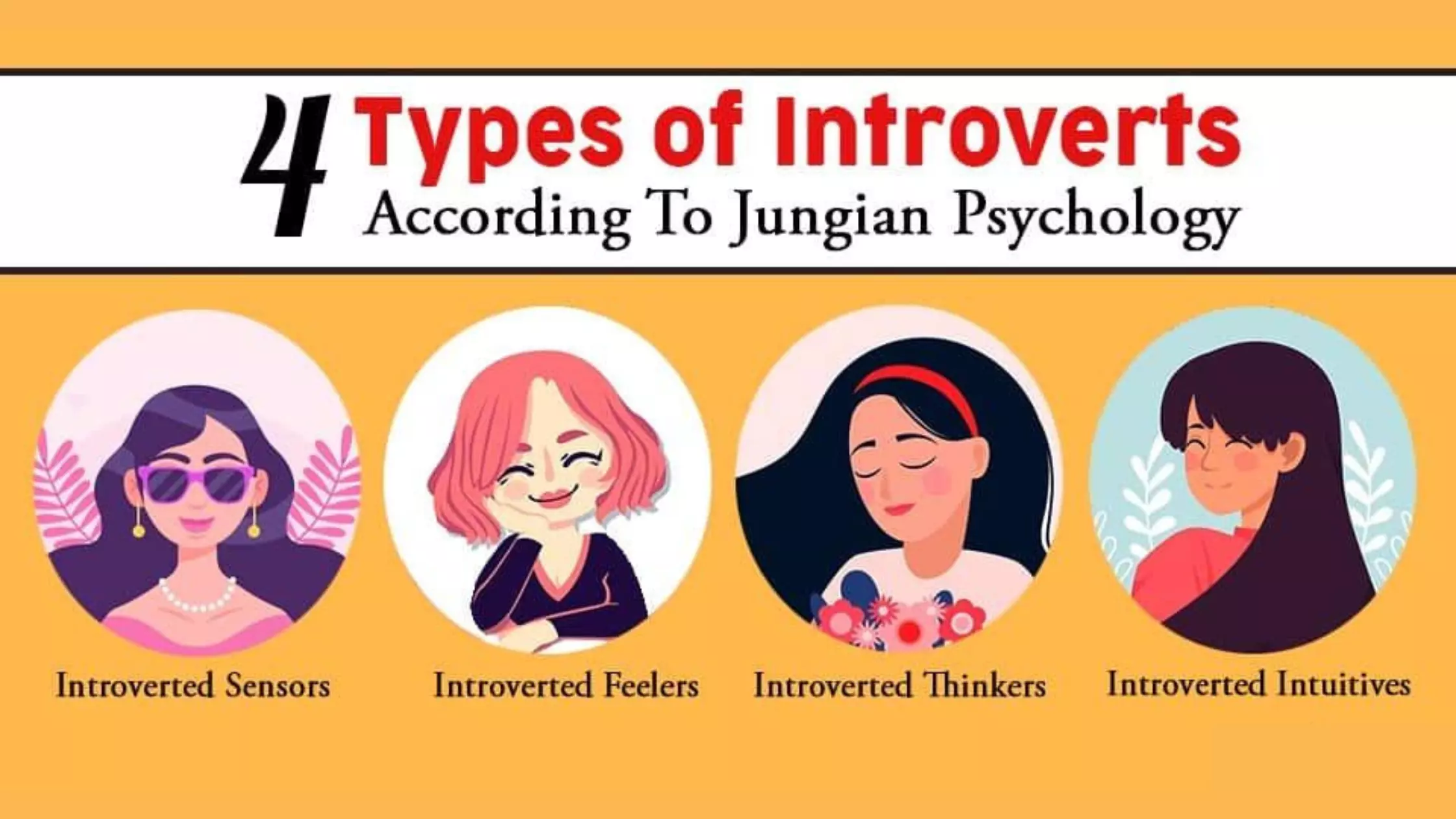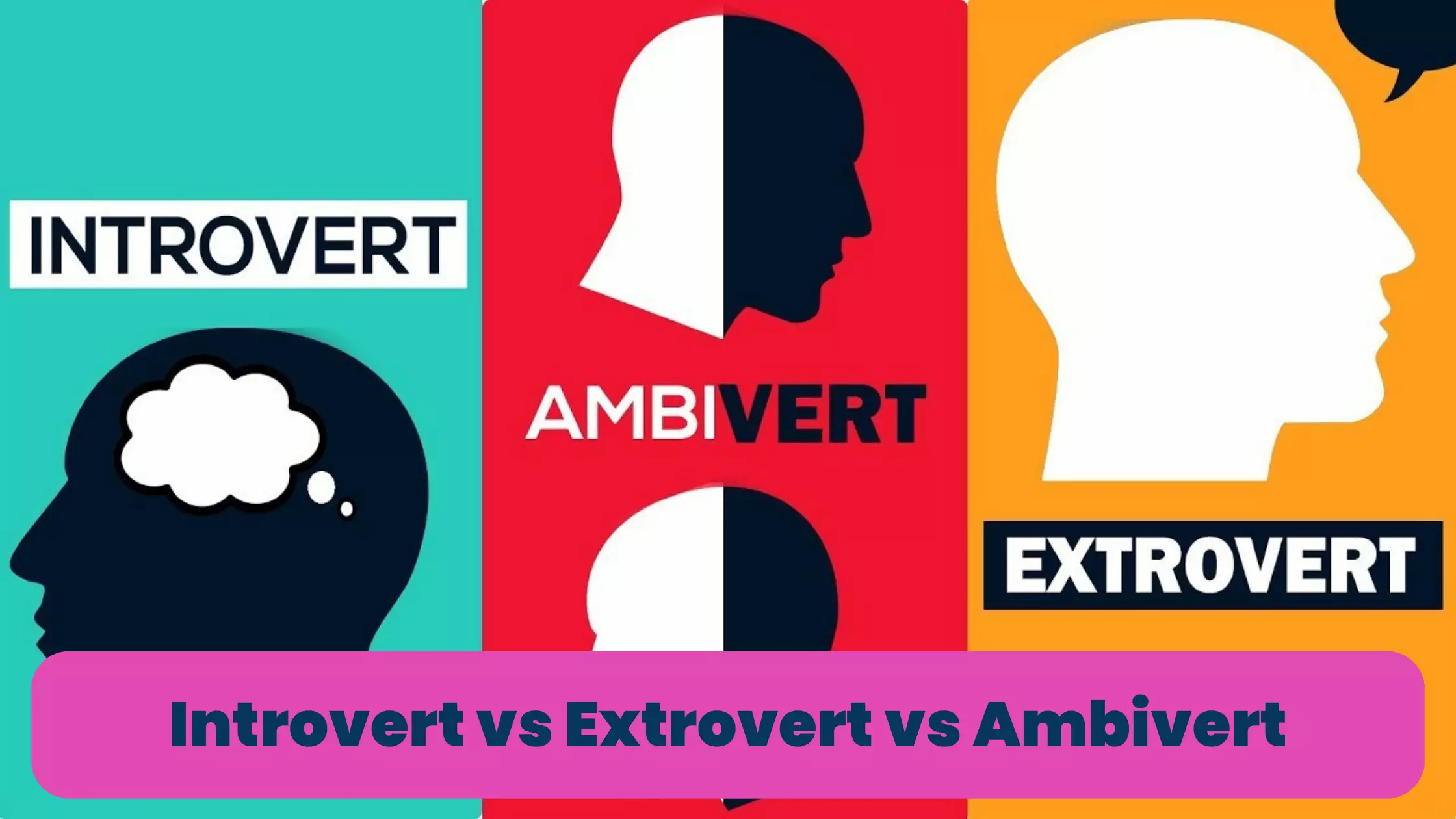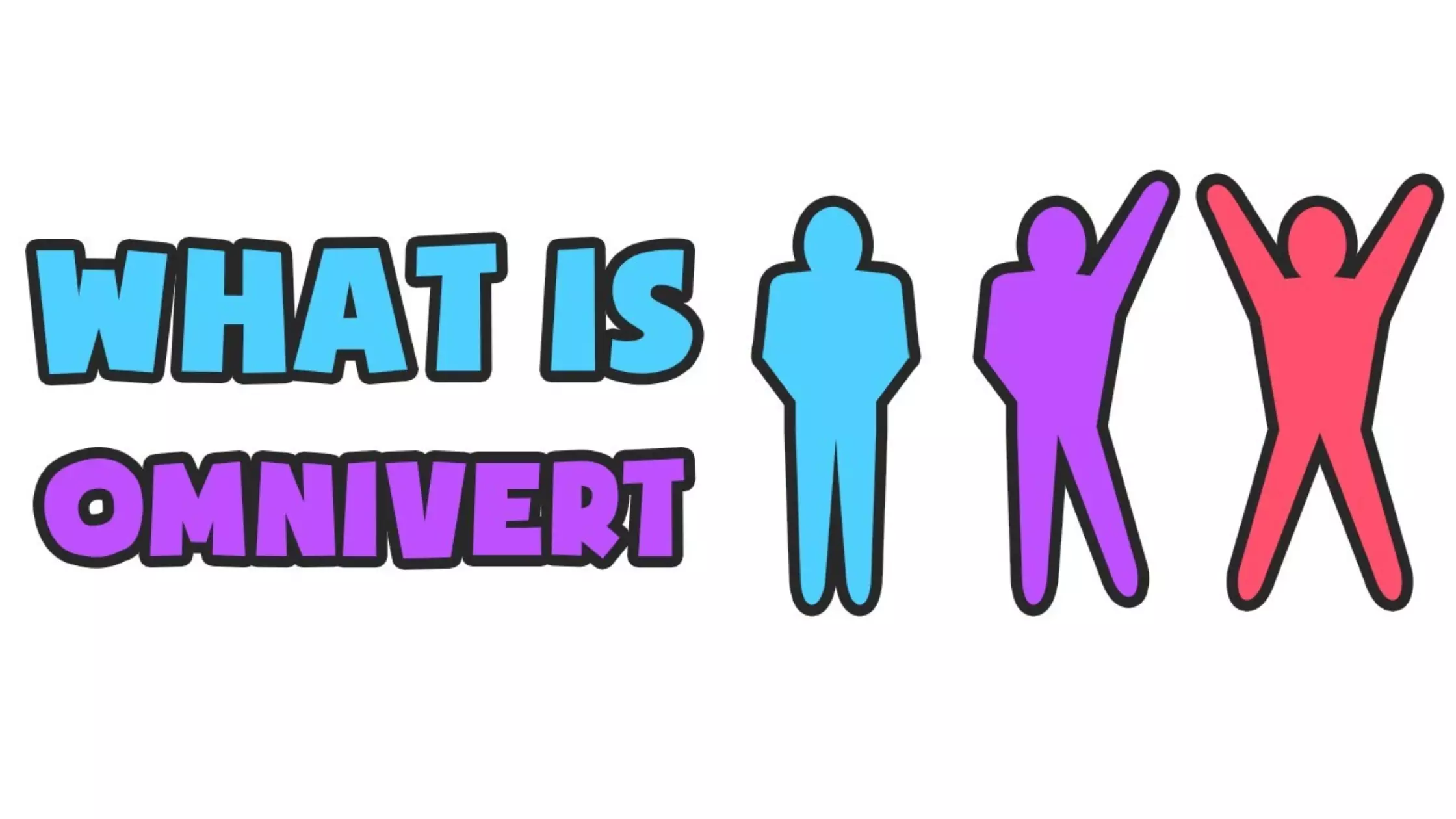Introversion is a personality trait characterized by a preference for solitude and introspection. While introverts share common traits, such as needing alone time to recharge, there are different types of introverts with unique characteristics and preferences. Understanding these types can help individuals better understand themselves and others, fostering effective communication and relationships. In this article, we will explore the four types of introverts and delve into their distinct qualities.
What are the 4 Types of Introverts?
Social Introverts
Social introverts enjoy spending time with others but in smaller, intimate settings. They thrive in one-on-one or small group interactions where they can engage in meaningful conversations. While socializing may not be their primary source of energy, they appreciate deep connections and genuine relationships.
Characteristics of Social Introverts
Social introverts tend to have a small circle of close friends and value quality over quantity in their relationships. They are excellent listeners, often offering thoughtful insights and support. Social introverts may feel drained after extended periods of social interaction and require alone time to recharge their energy.
Thinking Introverts
Thinking introverts are introspective individuals who enjoy their own thoughts and inner world. They have a rich internal life and often spend time reflecting, analyzing, and contemplating. Deep thinkers, they thrive in environments that provide them with space for reflection and intellectual stimulation.
Characteristics of Thinking Introverts
Thinking introverts are highly imaginative and creative. They enjoy activities that allow them to delve into their thoughts, such as writing, reading, or pursuing artistic endeavors. They are introspective by nature and value alone time for introspection and self-discovery.
Anxious Introverts
Anxious introverts are individuals who experience higher levels of social anxiety or shyness. They may feel overwhelmed or stressed in social situations, finding it challenging to initiate or sustain conversations. Anxiety often leads them to retreat into their own thoughts and seek solace in quieter, low-stimulus environments.
Characteristics of Anxious Introverts
Anxious introverts may appear reserved or aloof, but they often desire connection and social interaction. They are highly sensitive to stimuli and may require time to adjust to new situations. Anxious introverts are often empathetic and attuned to the emotions of others, making them great listeners and supportive friends.
Restrained Introverts
Restrained introverts are individuals who have a reserved and measured approach to social interaction. They are careful with their words and prefer observing others before actively participating in conversations. Restrained introverts are thoughtful and intentional in their actions, taking their time to process information before responding.
Characteristics of Restrained Introverts
Restrained introverts may appear quiet or shy at first, but they possess a depth of understanding and insight. They are selective in their social interactions, valuing quality over quantity. Restrained introverts excel in tasks that require deep focus and concentration, often showcasing their expertise in specific areas of interest.
Conclusion
Understanding the different types of introverts can provide valuable insights into the unique characteristics and preferences of individuals who identify as introverts. Social introverts, thinking introverts, anxious introverts, and restrained introverts all possess their distinct qualities that shape their experiences and interactions with the world. By embracing and appreciating these differences, we can foster better communication, empathy, and relationships. So, whether you fall into one of these types or know someone who does, remember that introversion is a beautiful and diverse spectrum.
Frequently Asked Questions (FAQs)
FAQ 1: What are the main characteristics of introverts?
Introverts typically prefer solitude over socializing, require alone time to recharge, are introspective, and may find small talk draining. However, each type of introvert has its distinct characteristics and preferences.
FAQ 2: Can introverts be outgoing and social?
Yes, introverts can possess social skills and enjoy socializing, although they may need to recharge their energy afterward. The degree to which an introvert enjoys social interactions varies among the different types.
FAQ 3: Can introverts be successful in social careers?
Absolutely! While introverts may require alone time to recharge, they can excel in social careers. Many introverts bring unique qualities, such as listening skills, thoughtfulness, and deep insights, which can be advantageous in professions that involve understanding and connecting with others.
FAQ 4: Are introverts more prone to anxiety?
Introverts are not inherently more prone to anxiety, but some introverts may experience higher levels of social anxiety or shyness. It’s important to differentiate between introversion and social anxiety, as introversion is a personality trait, whereas social anxiety is an anxiety disorder.
FAQ 5: Can introverts be assertive and outspoken?
Certainly! Introversion is not synonymous with passivity. Introverts can be assertive and outspoken when it aligns with their values or passions. However, they may choose their moments carefully and prefer deeper, meaningful conversations over small talk.
FAQ 6: How can introverts recharge their energy?
Introverts recharge their energy by engaging in activities that allow them to be alone and reflect. This can include reading, pursuing hobbies, going for walks in nature, or simply spending quiet time at home. Each introvert may have their own preferred methods of recharging.







